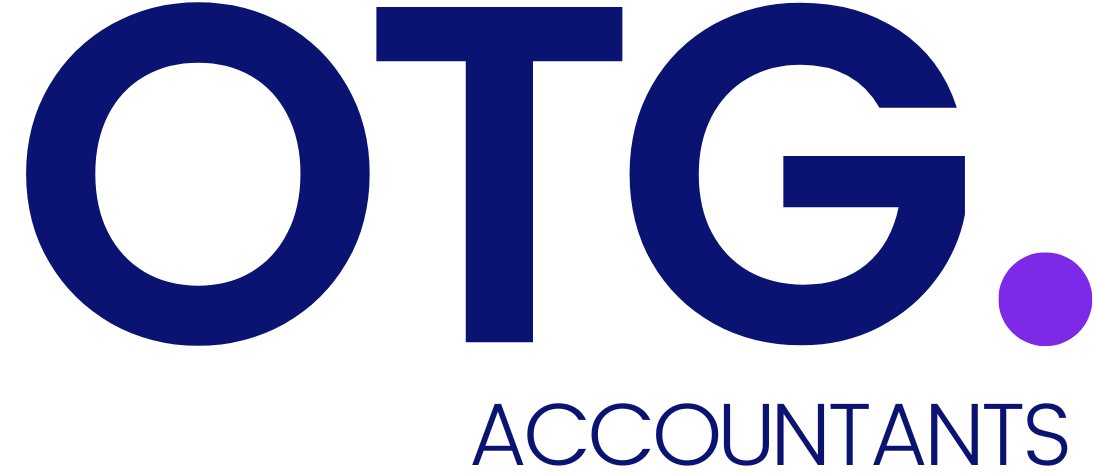Blog Post
The Autumn Budget 2021 in a nutshell!
October 28, 2021
For those in the financial and business world, many eyes were on Rishi Sunak as he delivered the Autumn Budget 2021 statement this week.
Much of the content had been already leaked to the press in the few days prior to his speech but if you need a quick roundup of the main changes for business owners, read on.
Changes in the Autumn Budget 2021 affecting businesses
Taxation
- Basis period reform is expected to commence from 6 April 2024, with a transitional year before this.
- Corporation tax will remain at 19% until April 2023 after which the rate will increase to 25% with a Small Profits Rate of 19% for profits not exceeding £50,000pa.
- There will be marginal relief for profits between £50,000 and £250,000.
- From 1 April 2022, a Residential Property Developer Tax will be introduced at 4% for property development businesses with profits over £25 million. Proceeds will be used to fund replacement of unsafe cladding on high-rise buildings.
- VAT registration threshold remains at £85,000 until 31 March 2024.
- As previously announced, employers will pay 1.25% Health and Social Care Levy via NI contributions for 2022. In 2023, this will become a standalone levy.
Allowances/ rate discounts
- Between 1 April 2021 and 31 March 2023 (extended in the Budget from 31 December this year), expenditure on new plant and machinery qualifies for a 130% super-deduction.
- Expenditure on assets in the special rate pool (such as integral features in buildings and certain cars) will benefit from a 50% first year allowance.
- The £1 million annual investment allowance (AIA) limit for expenditure on plant and machinery will be extended until 31 March 2023.
- From April 2023, Research & Development (R&D) Tax Relief will be extended to include data and cloud accounting costs.
- 50% business rate discount for companies in the retail, hospitality and leisure sectors, up to a maximum of £110,000 will apply in 2022/23.
Personal finances
Income Tax
- There are no changes to income tax rate or personal allowance which will remain at their current rate until April 2026.
National Insurance
- The new 1.25% Health and Social Care Levy will be introduced from 6 April 2022 for employees and the self-employed.
Capital Gains Tax
- The 30 day time limit for reporting capital gains on the sale of residential property and for payment of the tax has been increased to 60 days from Budget day. However, there are no changes to CGT rates or allowances.
Dividend Tax
- From 6 April 2022, the dividend tax rates will also be increased by 1.25%. The basic rate dividend tax will increase to 8.75%, the higher rate dividend tax will increase to 33.75% and the additional rate dividend tax will increase to 39.35%. No increases or changes to the main or savings income tax rates.
Stamp Duty
- The SDLT nil rate band for property purchases reverted to £125,000 from 1 October 2021.
Universal Credit
- The taper rate in Universal Credit will reduce from 63p to 55p and work allowance increased to £500.
Wages from 1 April 2022
- National Living Wage for those aged 23 and over: From £8.91 to £9.50 an hour
- National Minimum Wage for those aged 21-22: From £8.36 to £9.18
- National Minimum Wage for 18 to 20-year-olds: From £6.56 to £6.83
- National Minimum Wage for under-18s: From £4.62 to £4.81
- Apprentice Rate: From £4.30 to £4.81
Getting support
To talk about how the Autumn Budget 2021 might affect you and your business, get in touch with David Masih our client relationship partner. David can explain how our services can benefit your business with tax mitigation strategies during a no obligation chat today. Call 03330 067 123 or email info@onthegoaccountants.co.uk.

November 25, 2024
In the realm of employee share schemes, understanding the tax implications is crucial for both employers and employees. One significant aspect to consider is the Section 431 election, a provision under the UK's Income Tax (Earnings and Pensions) Act 2003. This election plays a pivotal role in determining how employment-related securities, particularly restricted shares, are taxed.

November 25, 2024
In today's rapidly evolving business environment, intangible assets have become central to a company's value and growth potential. Traditional accounting standards, however, have struggled to keep pace with the diverse and complex nature of these assets. Recognising this gap, the International Accounting Standards Board (IASB) and the UK Endorsement Board (UKEB) are embarking on a comprehensive review of IAS 38: Intangible Assets, a standard that has remained largely unchanged for over 26 years.



